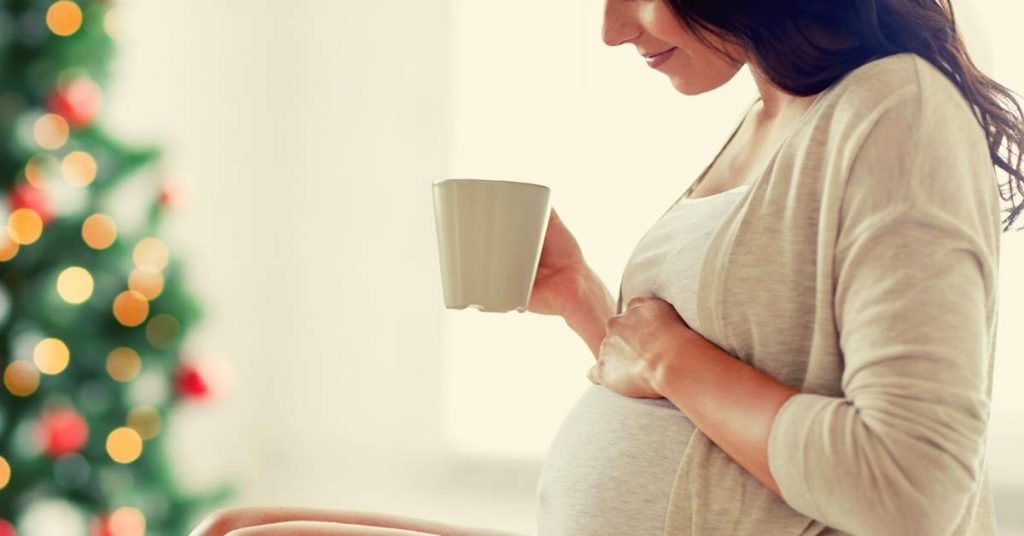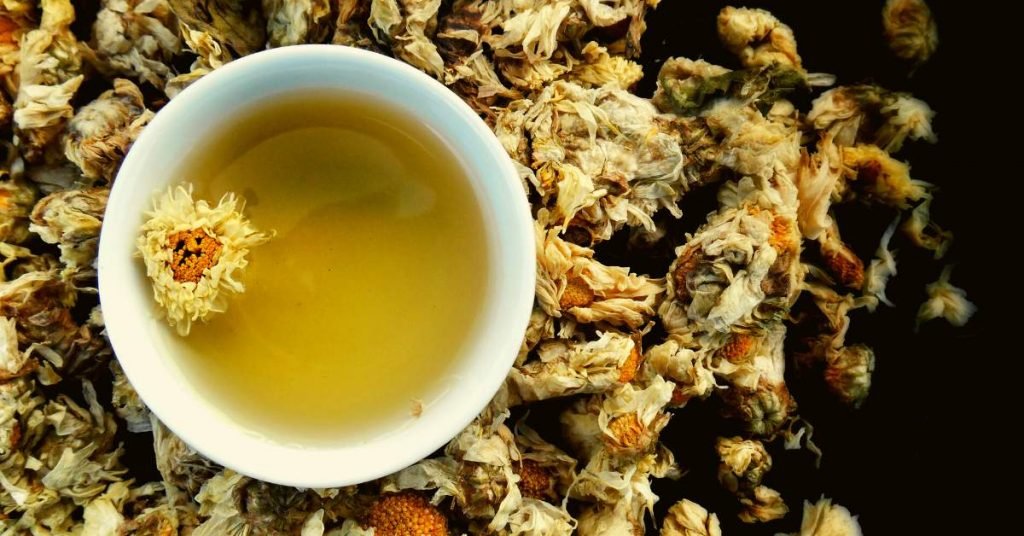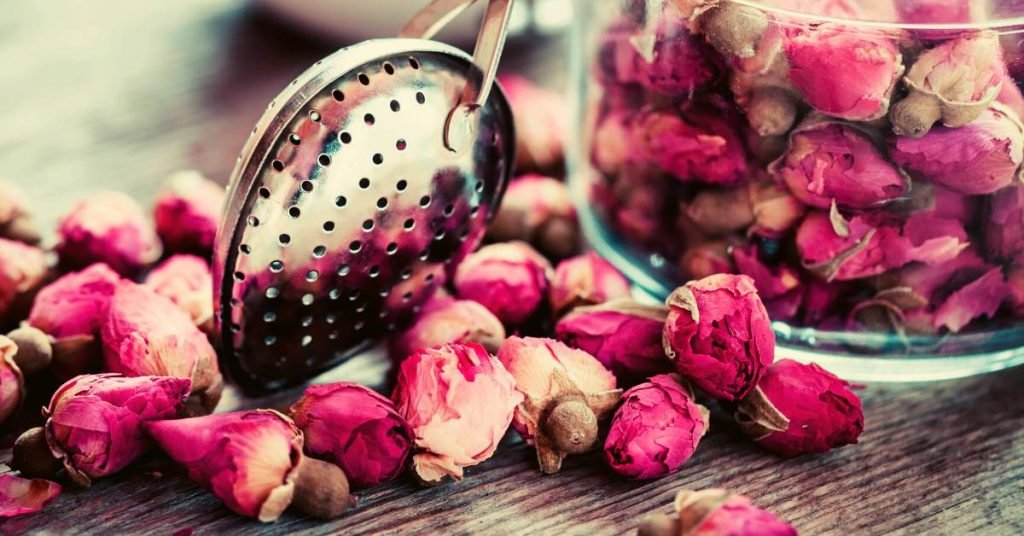Herbal teas or coffee during breastfeeding: What to drink?
Throughout pregnancy and breastfeeding, the mother’s body undergoes multiple physiological changes, and the nutrients that reach the fetus, and later the newborn, do so through the placenta and later through breast milk, so the mother must take special care in these periods to avoid transmitting substances that are harmful to the body of the fetus and the newborn in formation and growth.
There are some differences between the foods recommended and not recommended during pregnancy and breastfeeding.

Today we are going to focus specifically on breastfeeding. We will review the recommendations about the consumption of coffee and infusions during it since it generates many doubts for the new mother.
Can I Consume Coffee While Breastfeeding?
Coffee can be consumed during breastfeeding, but in moderation, due to the caffeine, it contains.
Large doses of caffeine (more than 300 mg per day) can cause irritability, tremors, hypertonia, and insomnia in the infant. There are also infants that with fewer doses have irritability: the mother will evaluate the convenience of reducing or not the ingestion of coffee if this happens.

We must take into account that the average time of elimination of caffeine, a few hours in adults, can reach 3-4 days in newborns.
In addition, the consumption of half a liter or more of coffee per day has been related to anemia and iron deficiency in mothers and infants and Raynaud’s phenomenon of the nipple in the nursing mother.
And Can I Drink Tea While Breastfeeding?
As we know that tea also contains caffeine, the recommendation is similar: it can be consumed but in moderation. Here is an estimate of the average caffeine content per cup:
- Of coffee: 60-80 mg
- Tea: 20-30 mg
- Green tea: 15 mg

Although tea contains less caffeine than coffee, it is advisable during pregnancy and breastfeeding to consume it in moderation, as frequent contamination of tea by lead, cadmium, aluminum, manganese and brominated pollutants (PBDE) has been described.
Advice Before Drinking Herbal Teas While Breastfeeding
As the possibilities of consumption are so varied and there are so many differences between their properties and effects, we must take certain precautions in their consumption, and for this, we give you here some very clear and useful recommendations.
Beneficial Infusions If You Breastfeed
There are infusions whose consumption during lactation if done in moderation, presents no risk to it, so they are the ones we usually recommend to professionals in this period, also for their beneficial properties:
- chamomile: digestive, anti-inflammatory, and mild sedative.
- lime blossom: antitussive, mild tranquilizer
- thyme: cough suppressant and expectorant
- peppermint: dyspepsia, flatulence
- lemon balm: digestive, mild sedative
- ginger: digestive, antiemetic, and anti-inflammatory

Infusions that Are Not Recommended During Lactation
Those that are not recommended during breastfeeding: pennyroyal (for pennyroyal, mint can be taken, as we have seen above), fennel, and anise. We must make sure that they come from a reliable source and read the labeling.
There is a belief that some plants can act as galactagogues, that is, that they increase the production of breast milk, but this has not been scientifically proven. The best stimulus to increase and maintain adequate breast milk production is frequent breastfeeding on demand and carried out with the proper technique.
We must banish the generalized idea that everything natural is harmless. We must keep in mind that most medicines come from plant extracts, and also a multitude of poisons.

The harmful effects of an infusion will depend not only on the type of plant used in its preparation but also on the amount consumed and its concentration. Therefore, moderation is always recommended.
No content on this site, regardless of date, should ever be used as a substitute for direct medical advice from your doctor or other qualified clinicians.
MEDICAL DISCLAIMER
Itsnevernotteatime.com cannot and does not contain medical/health advice. The medical/health information is provided for general and educational purposes only and is not a substitute for professional advice.




